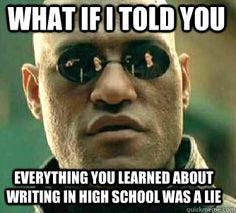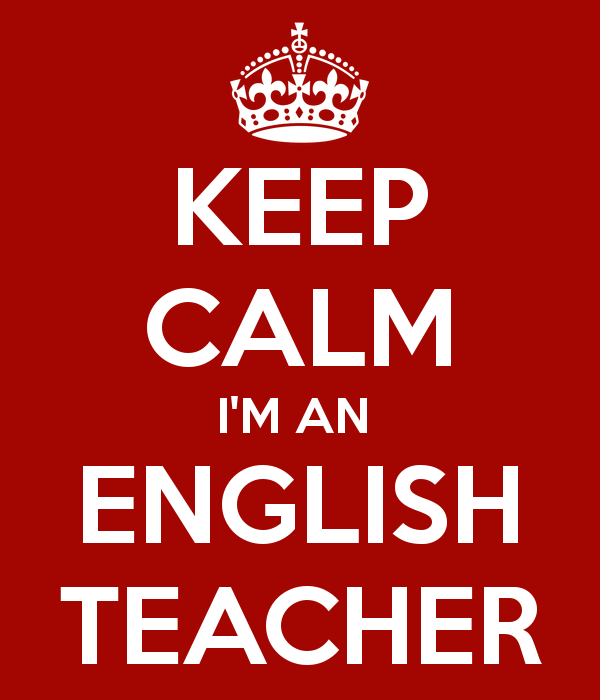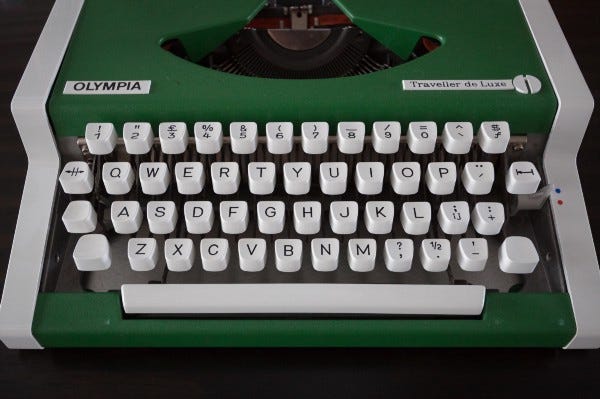
You know that old catchphrase your English teacher always used to drop in writing class? The one that everyone knows. I’m sure you’ve heard it before… “Show, don’t tell.”
Well, as of late, I’ve grown to hate that expression. (So much so, that I of course had to write about it.) Maybe hate is too strong of a word, but it nonetheless ruined me as a writer. That, and reading On the Road in high school.
I’m still recovering… thanks a lot, Kerouac.
In this, I’ve come to realize that everything in this world consists of two absolute basic languages: linguistics and mathematics. (Okay — maayybe I’ll give you music too.) No matter how crazy, insane, wild, and absurd life might become, it’s one of the two basic communications happening to you. While numbers measure things in one way, language does so in another. And that’s okay. We must accept that in order to grow.
Words are but the small pieces of source code that create us: little transfer nodes that string together great unexplained purpose in fragmented thought. They can’t be divided into two simple little categories. There’s too many of them. And in different sub-languages too! Sometimes they show, sometimes they tell, and sometimes they cut into your ribcage with an icepick.
They are the fiction we use to document human condition. They mirror us and give us rules to disobey.
You’re experiencing it right now. It’s poking around your neurons as you read this. Something in life incepted the thought — that one idea you have crawling around in your guts — and choked you into coughing it up. Don’t worry, it happens to me too. We get these ideas from somewhere. Words are merely our means for communication. For others it’s numerical. (Or maybe both!)
Thanks to Mrs. Clarizio, my 7th grade language arts teacher, I find myself droning on and on and on in my typical first drafts. Through all the endless editing, I can’t help but shudder at the pointless dialogue and overdone character arch. It’s such a traditional, boring way to make art. (I’m working on it, though!)
I’m sorry, Mrs. C. I loved your class, but I disagree with this concept you’ve planted in me.
So there I was, 20 some years later with a classroom of my own. I was teaching my students about narrative writing and I caught myself using that phrase: “You know the ol’ saying, right guys? ‘Show, don’t tell.’ Make your stories pop!”
I couldn’t sleep for two days.

This has been ingrained to my unconscious. Sometimes I even catch myself writing this robotically in nonfiction too. I’m sure my blog has plenty of examples, even though it claims to be “only human.” I spend much less time in the editing lab there, so I guess it goes to show.
If I’ve learned one thing as a teacher and coach of reading and writing, it’s that the best pieces to come across my desk find rules to intentionally disobey. They know them, but don’t want to know them. They wish they’d never learned ‘em.
“[S]tories are temporal creatures: composed of beginnings, middles and ends, strung together by cause and effect. Through the engine of narrative, panic propels us in imagination to the end of our own stretch of time, into our own non-future.” — Laurent Scott, author of THE FOUR DIMENSIONAL HUMAN
Scott was onto something. Stories stretch our imagination, even without rules.
Think about the literary greats you’ve read. Then think about the bestsellers that were total BS. Consider also the small-press, indie books to come across your existence. What’s the difference between all of them? (Besides the various funding and marketing.) Good authors know the rules, and follow them when they must, but choose to break them when there’s no other option.
Yes I know how that sentence sounds. But that is what good writing is all about. You have to destroy the notion of linguistic predisposition, while still gasping for the things that keep your reader intellectually attached. Let them breathe the oxygen you give them. Or take it away with fire. It’s ultimately up to you.
The problem is that so many writers have been brainwashed into following rules that they don’t even understand. They find sh!tty writing advice in the hashtagged corners of the ever-expanding web. They buy over-priced books and read listicles on Medium, written by bloggers and entrepreneurs who claim to know about good writing because the stats and view-counts somehow prove it. They sip expensive coffee, thinking the free wifi will somehow fix their issues with voice.
Thus, we are forced to spend countless hours sifting through trash, trying to figure out a way to Make _______ Great Again. We become distracted and disengaged from anyone’s debut writing, regardless of how strong it might (or will) be. Every day we dig ourselves deeper and deeper into the digital fantasies of tomorrow, fearing epitomes of the unknown; like it will somehow change the rule that showing and not telling is the best way to share ideas and make art.
Fck that.
You want my advice? Read books and hustle words. Don’t follow the rules. Know the rules, but disobey them. The ones that are worth adhering to will come clear in your final draft. Your best art will be sure to follow.

